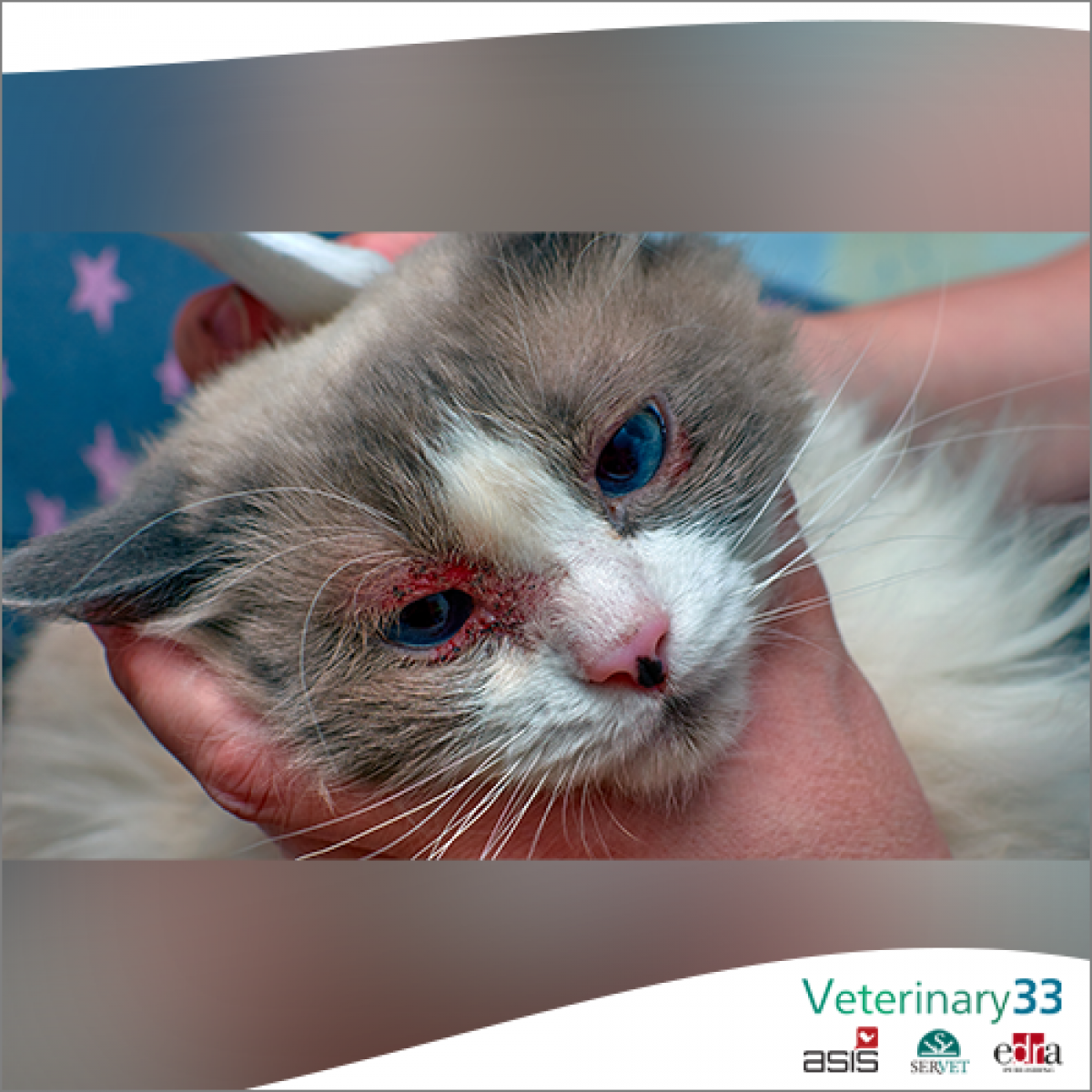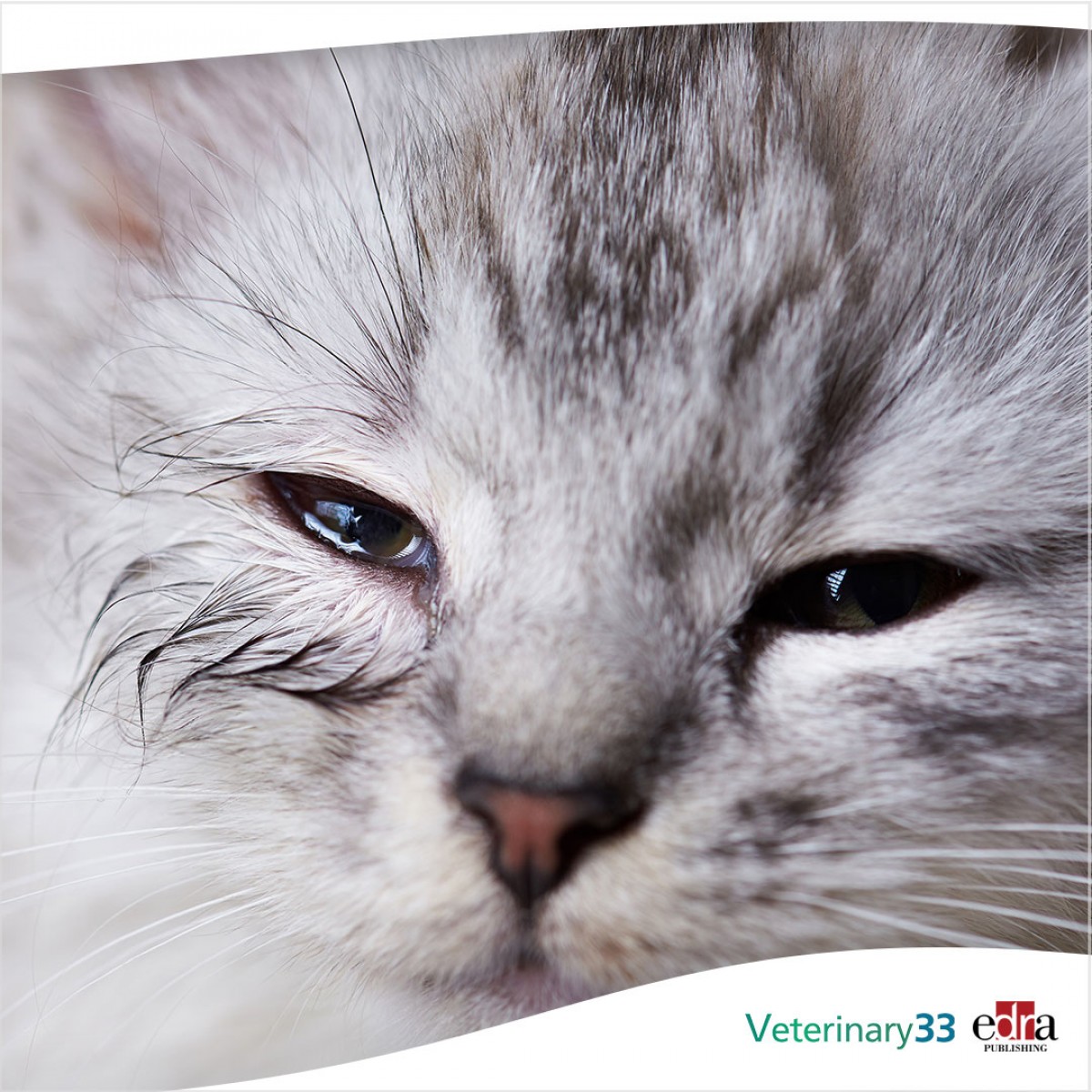Feline Leishmaniosis: An Emerging Public Health Problem
The aim of this review was to describe the current knowledge on feline leishmaniasis
Leishmaniosis is the third most important vector-borne disease in humans, preceded by malaria and lymphatic filariasis, and it is considered endemic in tropical and subtropical areas, where higher temperatures favor development of its vector, sandflies. This zoonotic disease is caused by infection of protozoa Leishmania spp. and the most serious mucocutaneous and visceral form is produced by Leishmania infantum, which predominates in the Mediterranean region. The usual hosts for this parasite are dogs and humans, but an increment in cases of L. infantum infection has been observed in cats in the last years. This increase could be due to the use of sandflies repellents in dogs, obligating the parasite to looking for other hosts. The role of cats in the epidemiology of this disease is unknown, although increase of prevalence of feline leishmaniosis has been observed in endemic areas in the last years. Diagnostic techniques and treatments in cats are not standardized, which makes it difficult to establish prevalence and epidemiology of feline leishmaniosis. Furthermore, the clinical signs and immune response against Leishmania in cats are different to those in dogs, with an observed increment of drug resistance. It is necessary to increase our knowledge about L. infantum infection in cats, including clinical signs, transmission, treatments, and the role of cats in the increasing of zoonoses. Finally, new alternative treatments are required for controlling the spread of this disease in all species of mammals.
“Feline Leishmaniosis: An Emerging Public Health Problem” Ana Elena Ahuir-Baraja, et al. Vet Sci. 2021 Aug 30;8(9):173. doi: 10.3390/vetsci8090173.













List
Add
Please enter a comment